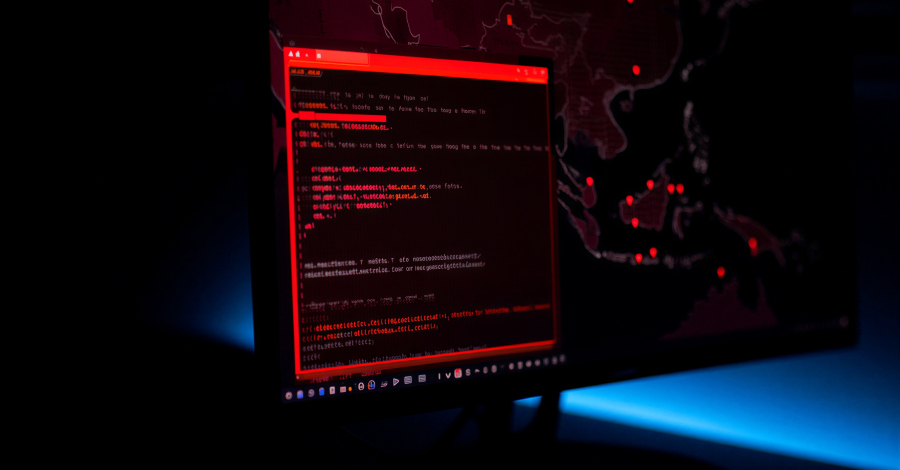A significant security flaw has been identified in Microsoft’s Visual Studio Code (VS Code) Remote-SSH extension, allowing attackers to execute malicious code on developers’ local machines via compromised remote servers. This vulnerability, termed Vibe Hacking, exploits the trust developers place in remote development environments, impacting both VS Code and its derivatives like Cursor.
Understanding the Vulnerability
The core of this issue lies in the misconception that remote development environments offer complete isolation from local systems. In reality, once a remote server is compromised, attackers can leverage the Remote-SSH extension’s functionalities to infiltrate the developer’s local machine.
Mechanism of the Attack
Security researchers have demonstrated that the attack utilizes two specific VS Code commands within default configurations:
1. Opening Local Terminals: Malicious extensions on compromised servers can invoke the `workbench.action.terminal.newLocal` command. This action opens a terminal directly on the developer’s local machine, effectively bypassing the remote environment.
2. Executing Arbitrary Code: Once the local terminal is accessible, attackers can use the `workbench.action.terminal.sendSequence` command to send arbitrary text sequences. By appending a newline character, the malicious code executes automatically, mimicking the effect of the developer pressing Enter.
This method effectively transforms the trusted development environment into a conduit for command and control operations.
Implications for Developers
The inherent trust the Remote-SSH extension places in communications from the remote server is a double-edged sword. Developers, believing they are working within a secure sandbox, may inadvertently expose their local machines to potential threats. This vulnerability underscores the risks associated with connecting to untrusted servers, as attackers can exploit these connections to execute malicious code locally.
Mitigation Strategies
Microsoft has acknowledged these risks on the Remote-SSH extension’s marketplace page, cautioning that a compromised remote could use the VS Code Remote connection to execute code on your local machine. Despite this warning, the adoption of remote development practices continues to grow, especially in fields like AI agent deployment and testing.
To enhance security, researchers recommend:
– User Approval Mechanisms: Implementing prompts that require user approval when remote extensions attempt to open local terminals or send keystrokes can serve as a deterrent against unauthorized actions.
– Monitoring for Unauthorized Changes: Regularly checking directories such as `~/.cursor-server` for unauthorized modifications can provide limited protection. However, this approach offers minimal security if servers are fully compromised.
This vulnerability highlights the necessity for development tools to adopt secure-by-default designs that do not rely on users making complex trust decisions. As remote development practices become more prevalent, addressing these fundamental security issues is crucial to protect developer workstations from sophisticated supply chain attacks.



